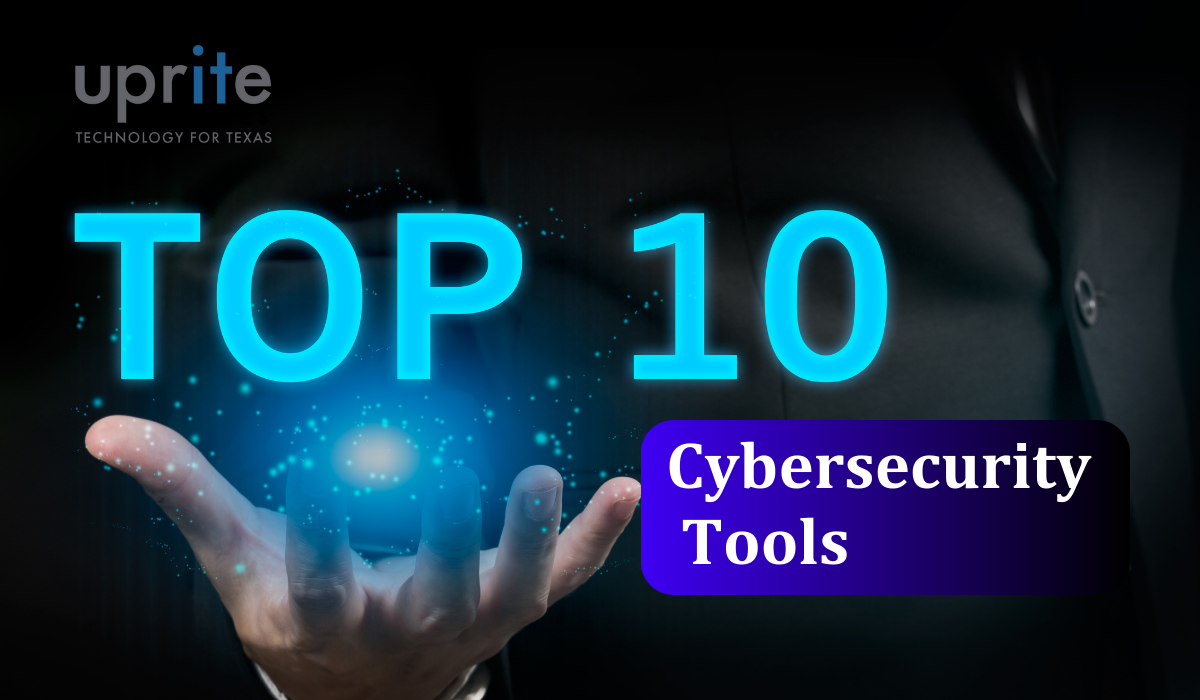Low Cost Cybersecurity Tools for Small Business:

Introduction: Why Cybersecurity Matters for Small Businesses
Low Cost Cybersecurity Tools for Small Business Cybersecurity is no longer something that only large corporations need to worry about. Small businesses are now among the most common targets for hackers and cybercriminals. Why? Because they are often less protected and easier to exploit. Many Low Cost Cybersecurity Tools for small business owners operate under the misconception that attackers won’t bother with them, assuming hackers go after the “big fish.” Unfortunately, this mindset can leave them vulnerable to ransomware, phishing scams, and data theft.
In today’s digital world, even a stores sensitive data—customer records, financial information, Low Cost Cybersecurity Tools for Small business strategies—that can be worth a lot in the wrong hands. Losing control over that information not only results in financial damage but also causes long-term reputational harm. Once customers lose trust in your ability to protect their data, winning them back is an uphill battle.
The good news is that cybersecurity doesn’t always have to come with a massive price tag. Plenty of affordable, and even free, tools exist to help Low Cost Cybersecurity Tools for small businesses secure their systems without draining their budgets. This article will walk you through low-cost cybersecurity tools designed specifically with small businesses in mind and explain how they can keep your data safe.
Antivirus and Anti-Malware Solutions
One of the simplest yet most crucial cybersecurity investments is a reliable antivirus or anti-malware tool. While large corporations might opt for enterprise-level solutions, Low Cost Cybersecurity Tools for small businesses can rely on lightweight, cost-effective options that still provide robust protection.
Affordable antivirus programs like Avast Business, Bitdefender Small Office Security, or even Windows Defender offer excellent baseline security. They help detect, block, and remove malicious software that could compromise your systems. Malware infections are often the first step in more serious attacks like ransomware or spyware, so having a solid antivirus solution is non-negotiable.
The beauty of modern antivirus tools is that many come with built-in firewalls, email protection, and even phishing detection. That means you don’t have to buy several separate tools for basic protection—just one reliable program can cover most of your immediate needs. If your budget is very tight, even the free versions of these tools offer essential protection that’s far better than having nothing at all.
Firewalls: Your First Line of Defense

Think of a firewall as the security guard standing at the gate of your digital Low Cost Cybersecurity Tools for Small business. It monitors incoming and outgoing traffic and decides whether to allow or block certain activities based on security rules. Without a firewall, your business is essentially leaving its doors unlocked to anyone who wants to enter.
Low Cost Cybersecurity Tools for small businesses, free or affordable firewalls like pfSense, OPNsense, or the built-in firewalls in Windows and macOS provide solid protection. These tools are easy to configure and give you control over what comes into and goes out of your network. Some even provide detailed traffic logs that let you see potential threats before they escalate into bigger problems.
Another cost-friendly option is a Unified Threat Management (UTM) device that combines firewall functions with antivirus, intrusion detection, and VPN features. While these devices do come with a price, there are budget-friendly models that cost far less than enterprise-grade systems and can still do an excellent job of safeguarding your network.
Password Managers: Protecting the Keys to Your Kingdom
Weak passwords remain one of the biggest security vulnerabilities for businesses of all sizes. Employees often reuse the same password across multiple accounts, making it easy for hackers to gain access. To prevent this, Low Cost Cybersecurity Tools for small businesses should invest in password managers.
Tools like LastPass, Bitwarden, or Dashlane provide secure storage for passwords, generate complex passwords automatically, and make it easy for employees to log in without remembering dozens of credentials. The best part? Many of these services are either free or cost just a few dollars per month per user, making them one of the most affordable cybersecurity investments you can make.
By centralizing password management, you also reduce the likelihood of employees writing down passwords on sticky notes or storing them in plain text files. Password managers can also be synced across devices, ensuring everyone in your team has secure access without compromising safety. Considering how frequently password-related breaches occur, this tool is worth every penny.
Virtual Private Networks (VPNs)
With remote work becoming more common, many employees access business systems from outside the office. This flexibility is great for productivity but can open the door to cyber risks, especially when employees connect through public Wi-Fi networks. This is where VPNs come in.
A Virtual Private Network encrypts internet traffic, making it nearly impossible for hackers to intercept sensitive information. Affordable options like NordVPN Teams, ProtonVPN, or even TunnelBear provide reliable protection at a fraction of the cost of enterprise-grade VPNs.
Not only do VPNs secure data transmission, but they also allow employees to safely access internal resources from anywhere. This makes them an invaluable Low Cost Cybersecurity tool forLow Cost Cybersecurity Tools for small businesses that rely on remote teams or freelancers. For just a few dollars a month per user, you can dramatically improve your cybersecurity posture.
Two-Factor Authentication (2FA) Tools
Passwords alone are no longer enough to keep your business safe. Hackers have countless ways to steal or guess passwords, which is why two-factor authentication (2FA) is essential. 2FA requires users to provide a second piece of information—like a code sent to their phone—in addition to their password.
Affordable tools like Google Authenticator, Authy, and even built-in options from Microsoft and Apple make it easy to implement 2FA. Many business platforms such as G Suite, Microsoft 365, and Slack already support 2FA, meaning you can enable it for free.
The best part is that 2FA adds a massive security boost without complicating things for users. Even if a hacker steals someone’s password, they won’t be able to log in without the second authentication factor. Low Cost Cybersecurity Tools For small businesses, this is a low-cost and highly effective security measure that should be non-negotiable.
Backup Solutions: Preparing for the Worst
No matter how many tools you use, no system is 100% immune to cyber threats. That’s why regular backups are critical Low Cost Cybersecurity Tools for small businesses. If ransomware encrypts your files or your systems crash, having a backup ensures your business can recover without paying hackers or losing valuable data.
Affordable solutions like Backblaze, Carbonite, or even built-in tools like Google Drive and OneDrive offer simple and secure backup options. These services are easy to set up and can automatically back up files at regular intervals.
The peace of mind that comes with knowing your data is safely stored elsewhere is invaluable. Even if your business never faces a cyberattack, backups protect you from accidental deletions, hardware failures, or natural disasters. For a small monthly fee, you’re essentially buying insurance for your data.
Employee Training Tools
The reality is that most cyberattacks succeed because of human error. An employee clicks on a suspicious link, downloads a fake attachment, or uses a weak password. That’s why employee training is just as important as software tools.
Affordable platforms like KnowBe4, Infosec IQ, or even free resources from government cybersecurity organizations provide Low Cost Cybersecurity Tools for small businesses with training modules. These can teach employees how to recognize phishing emails, use strong passwords, and handle sensitive data responsibly.
Conclusion: Affordable Cybersecurity is Possibl
Cybersecurity might feel overwhelming Low Cost Cybersecurity Tools for small businesses, especially with limited budgets. However, the tools we’ve covered—antivirus software, firewalls, password managers, VPNs, 2FA, backup systems, and training programs—prove that you don’t need deep pockets to stay protected.
By carefully choosing low-cost cybersecurity tools, small businesses can defend themselves against most common threats without overspending. The key is consistency: make security a part of your everyday business operations instead of treating it as an afterthought.
In the end, cybersecurity is less about how much money you spend and more about how smartly you use the tools available. With affordable solutions at your disposal, you can protect your Low Cost Cybersecurity Tools for small business, your customers, and your future growth without breaking the bank.



